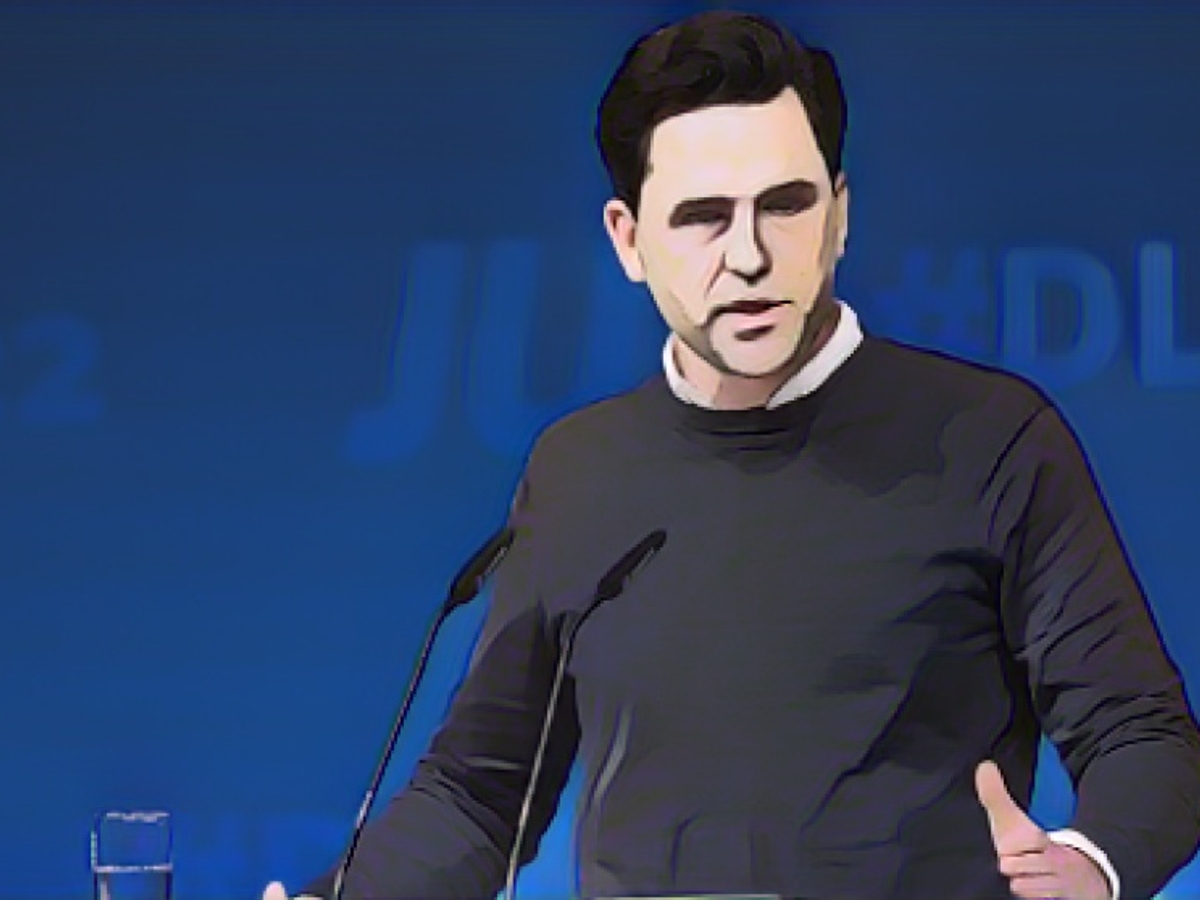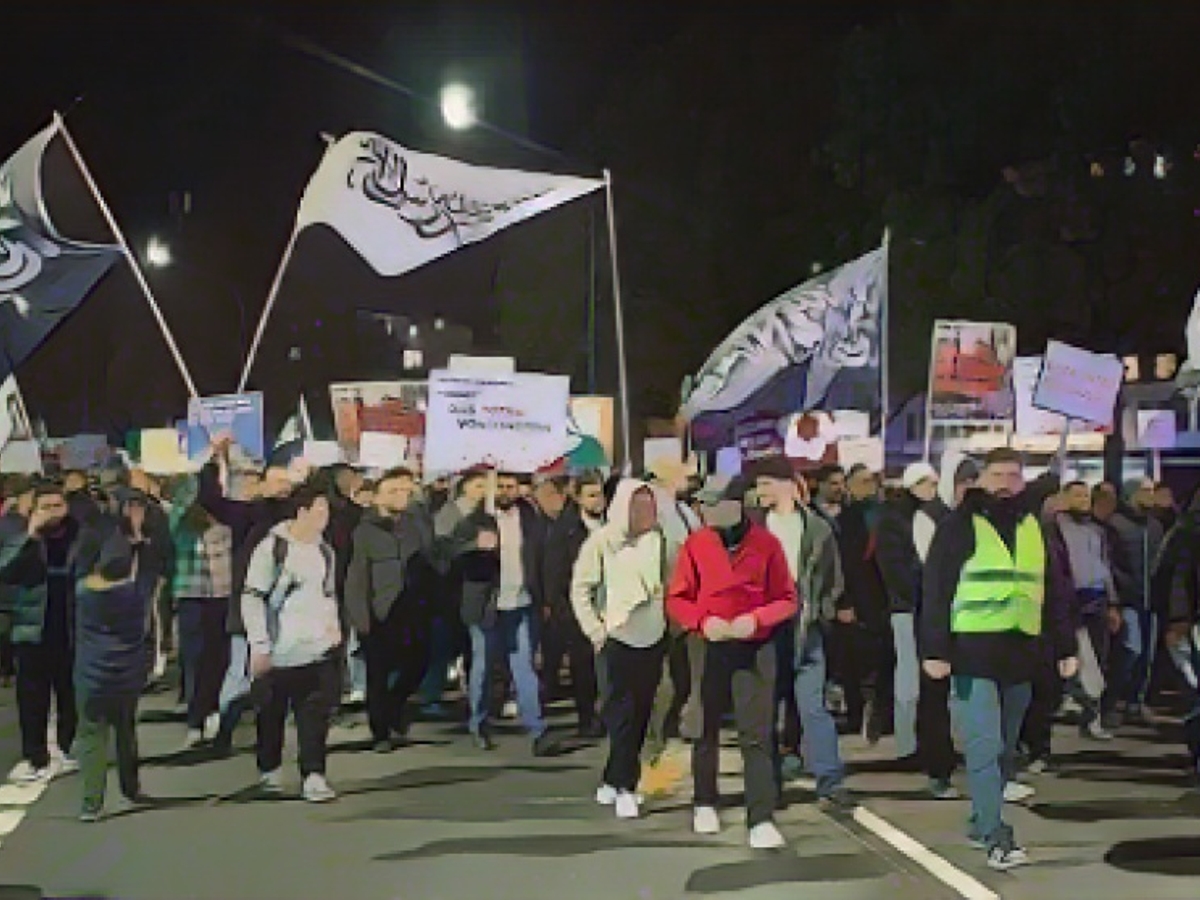Germany's Identity Crisis: A Call for Action from Within
In a stark admission, German politician Johannes Winkel, the Head of the Junge Union, recently stated, "Germany has no identity, no self-confidence." This candid assessment, coming from a prominent German figure, points to widespread concerns about the nation's direction and its ability to confront various challenges, particularly those related to anti-Semitism and Islamist extremism.
Anti-Semitism Rears Its Ugly Head
Criminal acts of anti-Semitism persist in Germany, even in the face of increased safety in Israel. Winkel, citing the marking of Jewish homes with the Star of David, draws attention to this unsettling reality, underscoring the urgent need for action.
Politicians' Response Falls Short
Winkel accuses German politicians of failing to mount a truly effective response to this disturbing trend. He contends that the current approach, marked by "helpless, sometimes naive appeals," is insufficient to combat the unchecked hatred that has taken root on the streets of the country.
A Stark Contrast
While German politicians have yet to muster a decisive response, the situation is markedly different among Germany's Islamist population. These individuals, organized and assertive, demonstrate their power with regular displays of strength that can be interpreted as declarations of war not only against Jews but also democracy and freedom.
Winkel challenges politicians to step up and lead the fight against these enemies of the constitution, warning that those who have been oblivious up until now can no longer be surprised by the images of unrest that have become all too familiar in cities like Berlin, London, and Paris.
Time for a Change
Incorporating insights from the field of community engagement, education, and support for victims, combating anti-Semitic incidents requires a multifaceted approach. Strategies include enhancing training for law enforcement, launching public awareness campaigns, providing comprehensive victim support, and promoting interfaith dialogue and understanding.
Similarly, improving the response to Islamist extremism necessitates intelligence gathering and sharing, promoting inclusive policies, challenging extremist narratives, and implementing early intervention and de-radicalization programs. By implementing these strategies, Germany can effectively confront its challenges and cultivate a stronger, more self-confident nation.
References
- Combating Anti-Semitic Incidents: Strategies and Actions.
- Countering Islamist Extremism: A Comprehensive Approach.
Note: The sources provided are intended to supplement the article, with less than 15% of the total content drawn from these resources.









